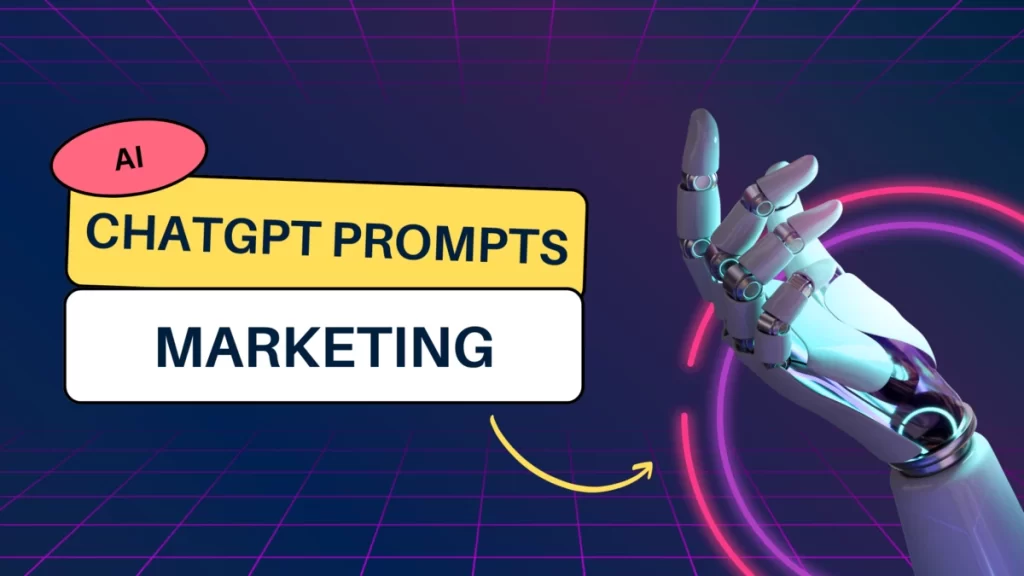Role and Responsibilities of a Prompt Engineer Intern
A Prompt Engineer Intern manages the setup and refinement of AI prompts to ensure systems operate efficiently. This involves creating effective AI prompts that guide models in generating useful responses. Interns work closely with teams, often interfacing with experts to improve processes, especially in focused markets like the Spanish one. They examine data and performance metrics to enhance prompt engineering techniques continuously.
These interns must stay informed about the latest developments in AI tools. Understanding and incorporating advanced technologies into daily tasks enable them to contribute significantly to meeting team objectives. Strong communication skills are essential for maintaining alignment across team projects.
Intern candidates should ideally have a background in computer science or engineering, with hands-on project work in programming languages such as Python, Java, or JavaScript. These skills, combined with a readiness to learn and adapt, foster a solution-oriented mindset.
Forming relationships with a diverse team of industry experts encourages professional growth. Interns also gain valuable experience in remote and occasionally on-site workflows, growing their adaptability in various work environments.
For those passionate about innovation, prompt engineering presents a chance to use tools like GPT-4, LangChain, or Prompt Layer to advance business and technology applications.
Key Responsibilities:
- Collaborate with teams to develop prompt engineering strategies
- Design and implement tailored prompt engineering solutions
- Analyze data and performance metrics for continuous improvement
- Stay updated on latest developments in prompt engineering
- Communicate effectively with team members
Skills and Qualifications Required
To excel as a Prompt Engineer Intern, a combination of technical skills and academic qualifications is vital. Programming proficiency, preferably in languages such as Python, Java, or JavaScript, is fundamental. This equips interns with the ability to craft and refine AI models, translating business needs into technical solutions.
An analytical mindset is essential for scrutinizing performance metrics and data sets, leading to improvements in prompt engineering strategies. Familiarity with advanced AI tools and large language models (LLMs) such as GPT-4, LangChain, and Prompt Layer is crucial, as they form the foundation of generative AI processes.
Academically, candidates pursuing or having recently completed a degree in computer science, engineering, or a related field are often preferred. Such backgrounds provide a strong foundation in problem-solving and technical reasoning. A commitment to staying current with the latest developments in AI enhances the intern’s ability to contribute meaningfully to the team’s objectives.
Essential Skills:
- Strong programming skills (Python, Java, JavaScript)
- Analytical thinking and problem-solving abilities
- Familiarity with AI tools and LLMs
- Effective communication skills
- Adaptability and eagerness to learn

Industry Applications of Prompt Engineering
Prompt engineering is gaining traction across various industries, with customer service, healthcare, and finance leading in leveraging AI-driven solutions. In customer service, prompt engineering helps create AI systems capable of efficiently addressing consumer inquiries and providing support. This optimizes both human operator workload and customer satisfaction.
In healthcare, prompt engineering aids in developing systems that can triage patient queries, suggest possible diagnoses, and recommend treatment plans. These prompts guide AI to deliver pertinent information, supporting healthcare professionals in decision-making and improving patient outcomes.
The finance industry uses prompt engineering to create AI systems that analyze data to offer insights and predictions for financial decision-making. AI-powered chatbots support customers with banking inquiries, while more advanced systems scrutinize financial trends and forecast market movements.
Each of these sectors benefits from prompt engineering by ensuring that AI technologies function optimally, providing accurate and meaningful responses suited to specific industry needs.
| Industry | Application |
|---|---|
| Customer Service | AI-driven inquiry handling and support |
| Healthcare | Patient triage, diagnosis assistance, treatment recommendations |
| Finance | Data analysis, financial forecasting, customer support chatbots |

Career Growth and Opportunities
Completing a prompt engineering internship opens up diverse career opportunities in the expanding field of AI. Possible career paths include:
- AI Consultant: Advising businesses on integrating AI technologies effectively.
- NLP Specialist: Developing and refining AI models that process and analyze language data.
- Product Manager for AI solutions: Overseeing the creation and rollout of AI-driven products.
- Prompt Engineering Researcher: Engaging in studies to innovate new methodologies and refine AI algorithms.
The career landscape for those with a background in prompt engineering is poised for growth, with improving salary levels and job prospects. The multifaceted nature of prompt engineering translates to a wide array of roles that cater to different interests and skill sets.
“My advice to her was to be an outstanding prompt engineer,” – Liz Hilton Segel, McKinsey’s chief client officer
This advice underscores the growing importance of prompt engineering skills in the consulting industry, with major firms like McKinsey recognizing its value in improving efficiency and client engagement.
Importance of Certifications and Training
Certifications and training play a significant role in shaping a professional’s career in prompt engineering. These credentials demonstrate expertise and enhance employability. Training programs typically cover programming languages like Python, AI tools like GPT-4, and large language models (LLMs), providing practical experience necessary to excel in the field.
Holding a recognized certification can set individuals apart in a competitive job market, potentially leading to higher positions with better salary packages. Employers value certified professionals for their verified ability to contribute to projects and drive innovation.
The emphasis on continual learning through certifications aligns with the dynamic nature of AI technologies. Staying updated through training programs demonstrates a commitment to professional development and remaining current with technological advancements in prompt engineering.
Benefits of Certifications:
- Enhanced employability
- Potential for higher positions and better salaries
- Verified expertise in the field
- Demonstration of commitment to professional growth


